Journeys & Reflections
At The Mecca Center, we believe that every journey is an opportunity to learn, grow, and connect. We’re excited to launch “Journeys & Reflections,” a special newsletter where our staff and community members share their personal experiences. Whether it’s a trip to a new destination, a memorable event, an eye-opening experience, or a meaningful encounter, these stories reflect the diverse and enriching lives of our community.
Our first edition is written by Sr. Ghada Awwad, the Director of Operations at The Mecca Center. This summer, Sr. Ghada visited her homeland, Palestine, and shared her story about the realities of her trip.
My Home, My Heart, My Palestine.
By Ghada Awwad
My family and I return to Palestine every year, but this year’s return was different. The news was grim, as a genocide continued to unfold in Gaza and with tensions rising and violence intensifying in the West Bank and East Jerusalem. For the very first time, we seriously reconsidered skipping our annual trip. The thought of traveling under such uncertain conditions, of putting ourselves—our lives—at risk, was daunting. But the idea of not seeing our family for another year, of being separated from our homeland, was even harder to bear. In the end, we decided to take the risk and make the journey, driven by a deep sense of longing to reconnect with our roots, ancestral land, and a commitment to not let the circumstances keep us away from the country that is so much a part of who we are. Reflecting on this trip to Palestine brings back a flood of emotions—feelings of joy, of frustration, of a deeper understanding of the complex reality that shapes life in the homeland. What started out as a journey of reconnecting with our roots and visiting family, became a profound reminder of the daily struggles faced by those living under occupation and a realization of why returning has never been more important.
Our journey began at Ben Gurion Airport in Tel Aviv, where we had to enter as tourists with American passports rather than as Palestinians returning home. This was not a logistical decision, but, in fact, an incredibly painful compromise. We had to essentially set aside a key part of our identity to navigate the complicated reality of re-entering our own homeland. This attempt to deny our identity was not limited to our passports. It extended to any outward sign of pride in our heritage—a set of keffiyeh and map necklaces, a ring with a map of Palestine—had to be hidden away. It was painful to hide these symbols, to tuck them away into the bottom of a jewelry box where no eyes could reach them, to effectively conceal who we were in favor of some American identity. But in that environment, it was a necessary precaution, a way to avoid drawing more hostility or, potentially, an arrest for incitement. It felt wrong to hide who we fundamentally were– to pretend we were just mere visitors rather than a people returning to their motherland. The process was a stark reminder of the limitations imposed on us, well before we had set foot on Palestinian soil.
Our trip itself was marked by fear, with gunshots consistently being fired every night in the never-far-enough distance. However, the sound of gunfire, once alarming, became almost routine as we readjusted to the norm of living under military occupation. The presence of illegal Israeli settlers and the army in our town was another constant reminder of the precariousness of life. Each day brought a new incident—arrests, checkpoints, road closures, and the looming fear that the town’s entrance might be sealed before we could return home on the rare excursion out of our small village. Easily one of the most harrowing experiences were the night raids. Multiple times during our stay, the IOF (Israeli Occupation Forces) came in the dead of night, their presence announced by the sound of heavy boots and the breaking down of doors. Young men were dragged from their homes and stores, arrested with zero explanation, and whisked away to unknown corners of the country. The soldiers searched houses with no regard for the property they destroyed in the process. Furniture was overturned, belongings were strewn across the floor, money stolen from the tops of tables and dressers. Peace is never guaranteed in Palestine, not even in your own home.
Our visit to Jerusalem was particularly emotionally and physically taxing. To visit Jerusalem, we had to hire a special car with a special license plate—one that indicated it was not a Palestinian car. This was one of the few ways we could pass through the numerous checkpoints and reach the city. Once we arrived, nothing could have prepared us for what we saw. The city, so rich in history and spiritual significance, felt almost empty and sad. The streets that should have been bustling with life were suddenly quiet, with some shops closed or struggling in the wake of travel and import restrictions. Just as we were leaving Al-Aqsa compound, a group of Israeli settlers were escorted in by the IOF and the remaining Muslim worshippers that came to see Masjid Al-Aqsa and the Dome of the Rock were kicked out– a reminder yet again that we were tourists in our own land and our ability to see these sights and pray in these masajid was a conditional gift that can and will be taken away from us as our occupiers please.
But by far the most painful part of our trip was realizing that we could not access the land that once belonged to our family—land that settlers had taken over. A significant portion of our village was unofficially annexed. Any attempt to enter that land was met with fire, rubber bullets, and tear gas launched by the nearby settlers and accompanying military forces. The longing to see that place, to walk among olive trees that our parents, our grandparents, our ancestors had planted, was intense, but no longer possible. The land was not ours to visit, to care for, or to cherish, but it was theirs to burn. Those trees were not just plants for harvesting; they were real, tangible, living connections to our past, to the generations that had tended and harvested them for decades, if not centuries, prior. The destruction felt like an erasure of our history, a deliberate attempt to sever our ties to the land.
As our trip drew to a close, things escalated so badly that flights out of Ben Gurion Airport were being canceled left and right. We were forced to move our flight closer and travel through Jordan instead. What should have been a 12-hour flight took us over 40 exhausting hours. The journey was grueling—waiting in long lines, dealing with checkpoints, and navigating the logistical nightmare that is crossing into Jordan. We were relieved to finally make it back, but our relief was tempered by a deep sense of unease. Our bodies may have been “home,” but our minds and souls remained in Palestine, with our family and friends there, in the place that felt both near and completely out of reach once again.
Despite everything, there were moments of profound beauty and connection. Visiting our family, sitting down for meals together on the porch, and hearing stories of the past made the trip deeply meaningful and rewarding in a way that can never be fully explained. This trip only strengthened our resolve to keep coming back. No matter how difficult they make it for us to return, we will continue to come back every year until we see a free Palestine. The connection to our homeland is too strong to be broken by fear or oppression. We owe it to those who remain, those steadfast in their resolve, and to the generations who came before us, to keep that connection alive. My greatest hope is that we may all witness and experience a free Palestine together in our lifetimes, that we may all one day return together and see that which they have tried to deny to us for the last 76 years. Let our patience, righteousness, and steadfastness outlive their greed and tyranny. To paraphrase the poet of Palestine, Mahmoud Darwish, we carry with us that which is worth living for.
Free Palestine, today, tomorrow, and forever.

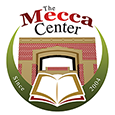

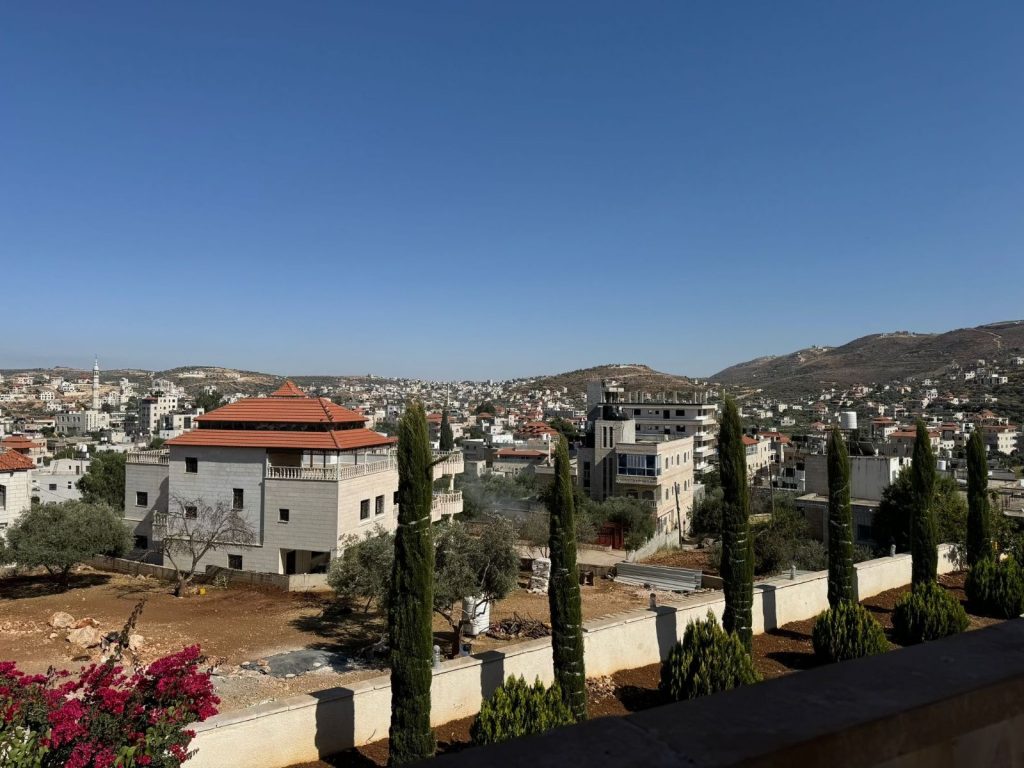
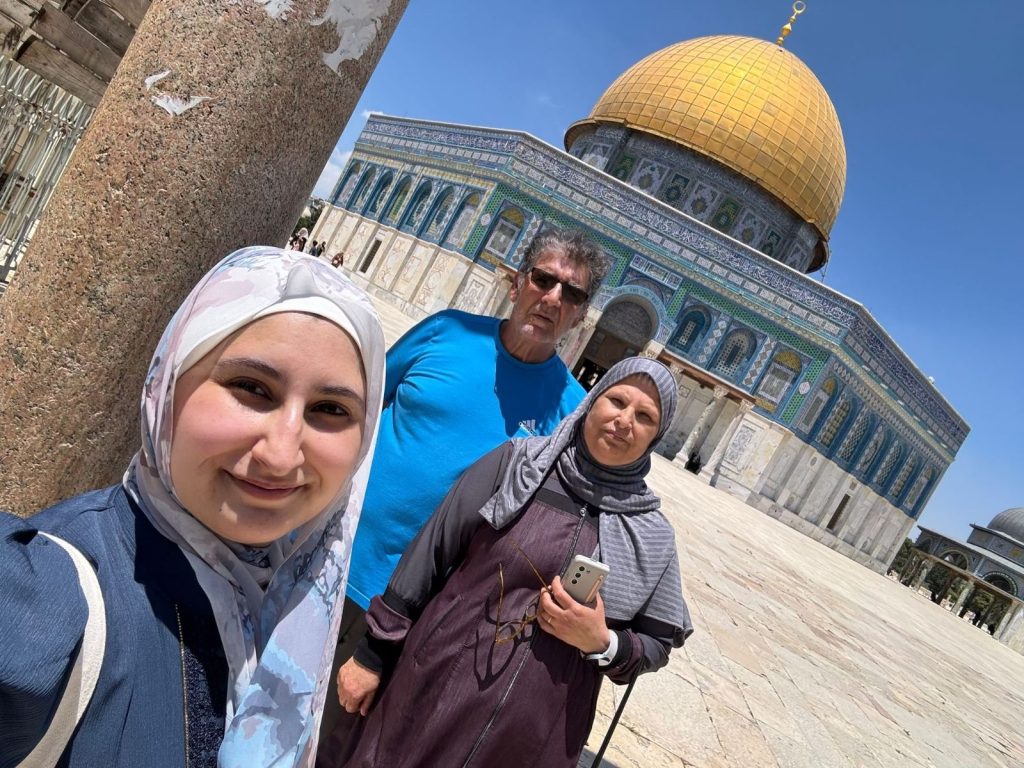
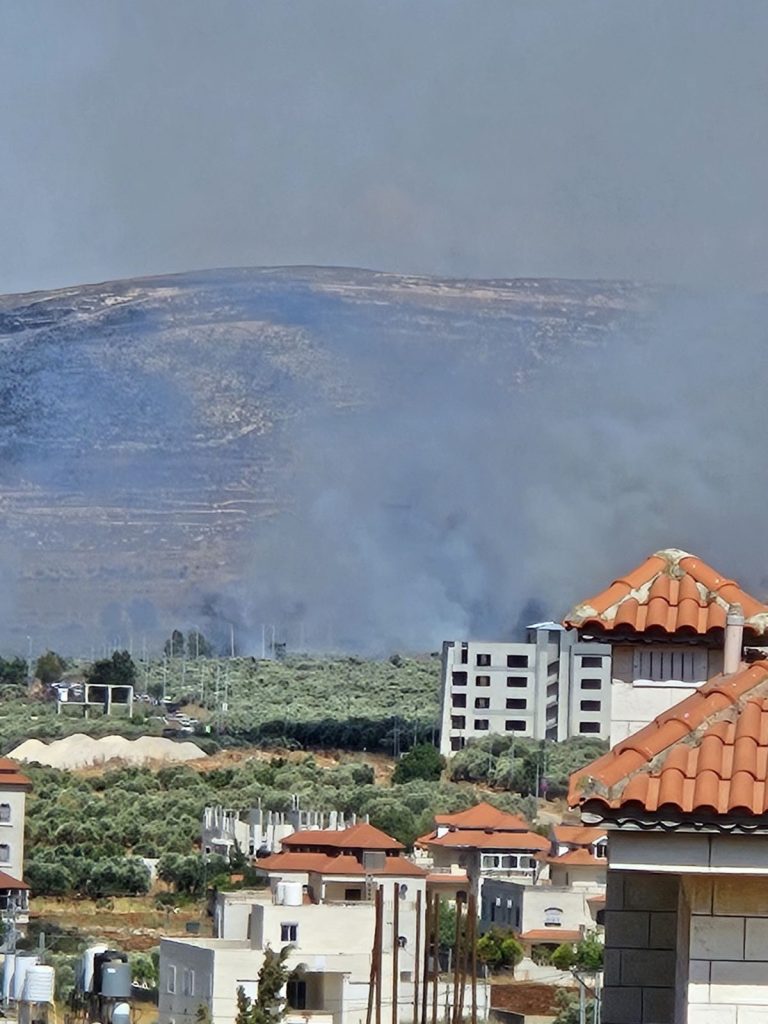

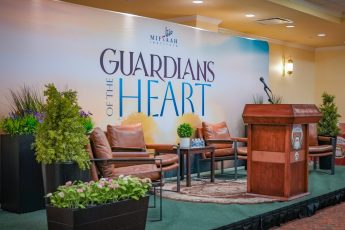



Leave a Comment